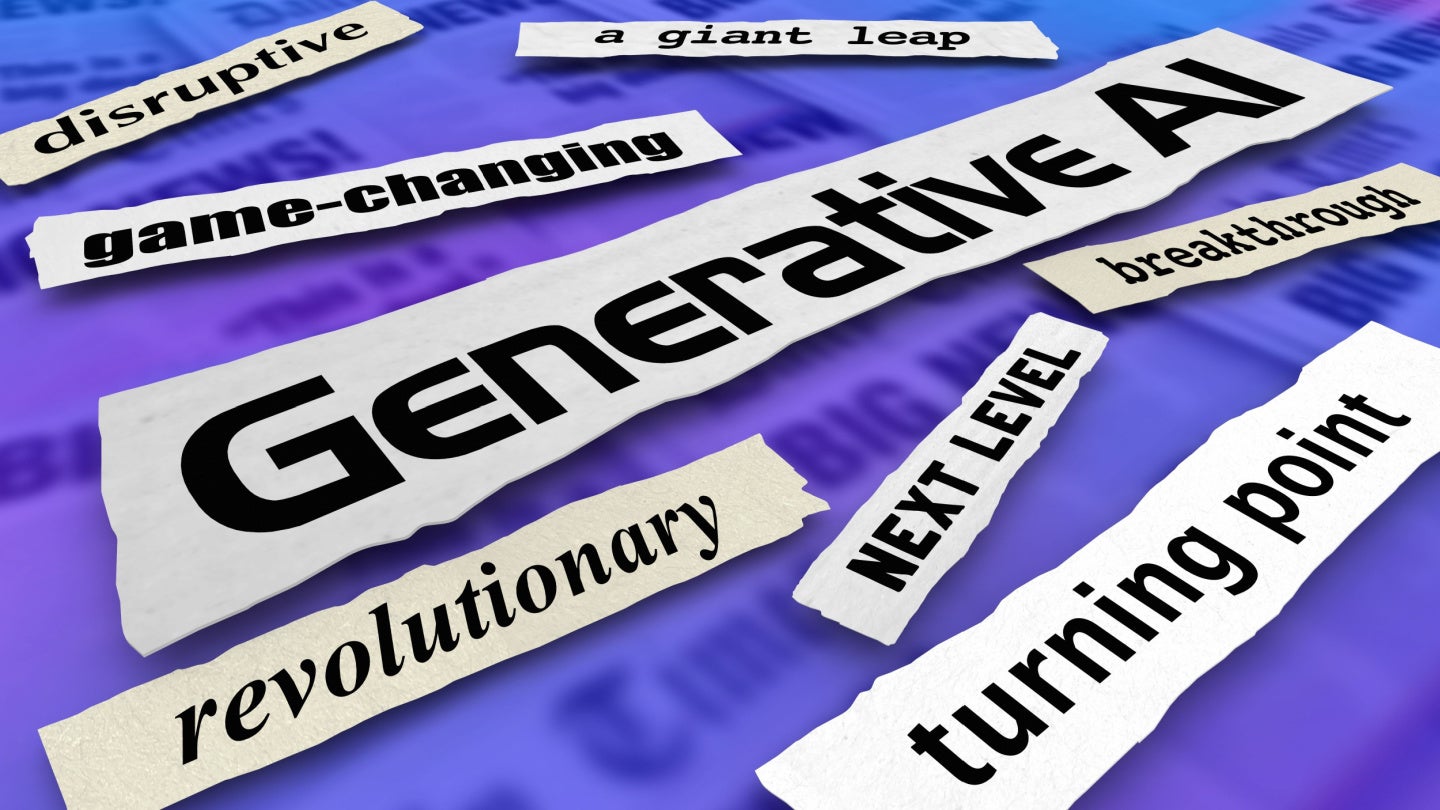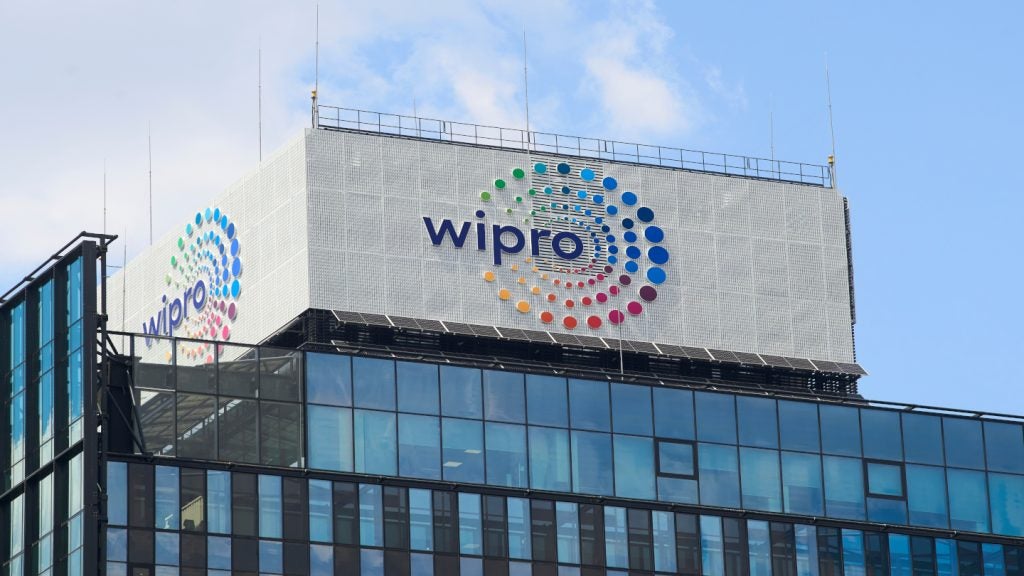Not surprisingly, generative AI (GenAI) was the new buzzword during this year’s mega Kubernetes/cloud conference, KubeCon EU, held in Amsterdam.
Somewhat surprisingly, many are pinning high hopes on the technology’s ability to modernize IT operations and ease cumbersome infrastructure provisioning that prevents business transformations.
Early GenAI-injected Platforms
To this end, numerous use cases began to solidify, revealing how AI is evolving to best serve enterprises’ digitization efforts going forward. From GlobalData’s perspective, initial GenAI technology will become available to IT ops and developers through intelligent automation and security platforms.
Automation solutions will serve as among the first app platforms providing enterprises with access to GenAI. For example, during the conference IBM and Red Hat reiterated their intention to leverage the Ansible Wisdom project to shore up their GenAI strategy. Red Hat is collaborating with IBM Labs on the initiative which injects AI into Ansible (Red Hat’s IT automation platform) to provide developers with automated code generation. This news follows Microsoft’s plans to inject its popular Power Platform (including Power Automate) with generative AI’s ChatGPT, OpenAI, AI Builder, and Copilot.
Security firms revealed strategies that leverage generative AI as a means of enhancing cloud security posture management and attack path analysis. This is likely Cisco’s thinking behind its recently announced intent to acquire contextual cloud security provider Lightspin. Access control providers will leverage GenAI to provide customers with significantly improved visibility into their security rules structure.
Key New/Updated OSS Technologies
Newly released and fast-growing open-source software (OSS) technologies centered on: improving cloud cost visibility (Open Cost, Kubecost); increasing the developers’ role in Kubernetes and DevOps models (Backstage); supporting real-time container threat-detection (Falco); improving connectivity between containers, VMs, and endpoints leveraging service mesh (Nasp); improving policy compliance/management by unifying policy enforcement across the cloud-native stack (Open Policy Agent); and enabling VM workloads on Kubernetes (KubeVirt), among others.
How well do you really know your competitors?
Access the most comprehensive Company Profiles on the market, powered by GlobalData. Save hours of research. Gain competitive edge.

Thank you!
Your download email will arrive shortly
Not ready to buy yet? Download a free sample
We are confident about the unique quality of our Company Profiles. However, we want you to make the most beneficial decision for your business, so we offer a free sample that you can download by submitting the below form
By GlobalDataThe Cloud Native Computing Foundation’s (CNCF) ability to rally together IT professionals and developers as well as technology providers (many of which are arch rivals) via conferences such as KubeCon, illustrates the importance of shared knowledge and shared experiences in unchartered waters. Those waters include new demands on IT, the explosion of data and increased endpoints, and they are causing mounting pressure on ops teams.









Related Company Profiles
Red Hat Inc